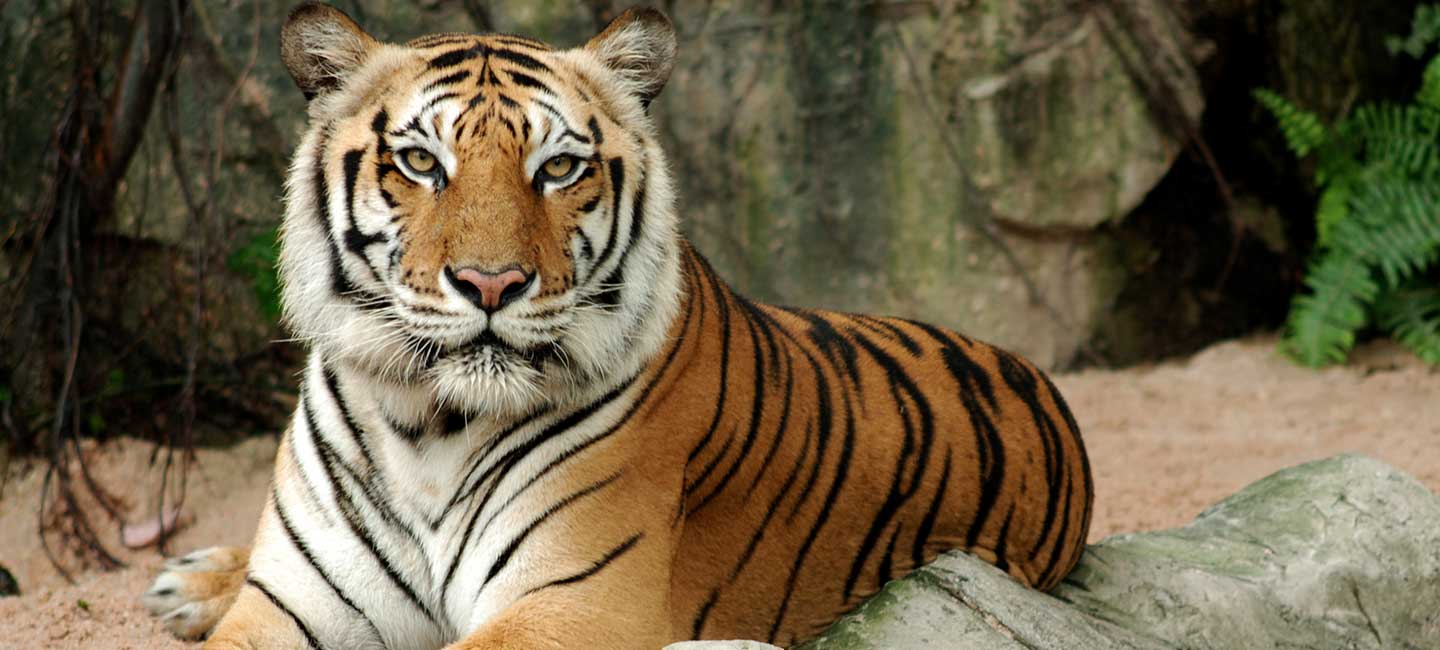Lions and Tigers and COVID-19, Oh My
The Bronx Zoo may be closed due to the COVID-19 pandemic, but it is still making national headlines. A 4-year-old Malayan tiger named Nadia has become the first animal in the U.S. to test positive for the coronavirus. And she may not be alone. Her sister, Azul, two Amur tigers and three African lions are all experiencing respiratory symptoms — a hallmark of COVID-19.
The zoo received permission from local and state health officials to test Nadia when her dry cough would not go away. The samples were tested at a veterinary diagnostic facility, so Nadia’s test did not take a test resource from human health efforts. A U.S. Department of Agriculture lab in Iowa then confirmed the presumptive positive finding. The other cats have not been tested because it requires putting the animals under anesthesia.
The Centers for Disease Control and Prevention (CDC) believes the large cats became sick after being exposed to a zoo employee who had the virus, but this is still being investigated. But that begs the question, should you be worried that your cats or dogs could become infected with COVID-19?

Dr. John Greene, chief of Infectious Disease Department at Moffitt Cancer Center
“The answer is, whatever is in your home — person or pet — could share the virus if their genetic makeup is able to take the virus into their body and develop symptoms,” said Dr. John Greene, chair of the Infectious Diseases Department at Moffitt Cancer Center. “A lot of viruses in dogs and cats cannot infect humans and vice versa, but there are some that can. And I think we’re still learning about this virus and the role pets and animals play.”
The first COVID-19 infections were linked to a live animal market in China, but the virus has now primarily been spreading from person to person around the globe. To date, the CDC says there is no evidence pets can spread COVID-19 to people but added there have been instances where other viruses have spread from infected animals to humans.

Dr. Jennifer Binning, virologist at Moffitt Cancer Center
“Ebola virus primarily infects primates and bats, which are thought to be the natural reservoir for the virus; however, during Ebola outbreaks, wild animals other than bats were also infected. Similarly, there are a few examples of the H1N1 swine flu being transmitted to household pets,” said Dr. Jennifer Binning, a virologist at Moffitt. “It is important to note that just because an animal can become infected, it doesn’t mean that they will have the same symptoms as humans. For COVID-19, we do not know how the virus will affect animals or if they will be able to transmit the virus to a human.”
Binning added the key will be learning more about the virus and how it is transmitted between species. “There may be multiple factors that contribute to cross-species transmission, but one important factor is whether the virus is capable of entering the cells of that organism. The COVID-19 virus has a spike protein on its surface. It seems that the ability of that protein to engage with a receptor on human cells is playing a role in the entry process and its ability to ‘jump’ species. Learning how the spike protein recognizes this receptor in humans and which animals have a similar receptor that can bind to the spike protein in COVID-19 will help us identify animals that are susceptible to infection.”
For the time being, Greene says there is no need to separate yourselves from your furry companions.
“It’s difficult to social distance from your pets,” he said “They are going to want to be near and snuggle with you, and that is OK. Right now, we don’t feel like the spread of the virus from pets to humans is a concern.”
But if you or someone in your home has tested positive for COVID-19, there are things you can do to help protect your pet from possible infection. The CDC recommends:
- If you are sick, restrict contact with your pets, just like you would around people.
- When possible, have another member of your household care for your animals while you are sick.
- Avoid contact with your pet including, petting, snuggling, being kissed or licked and sharing food.
- If you must care for your pet while you are sick, wash your hands beore and after you interact with them.



